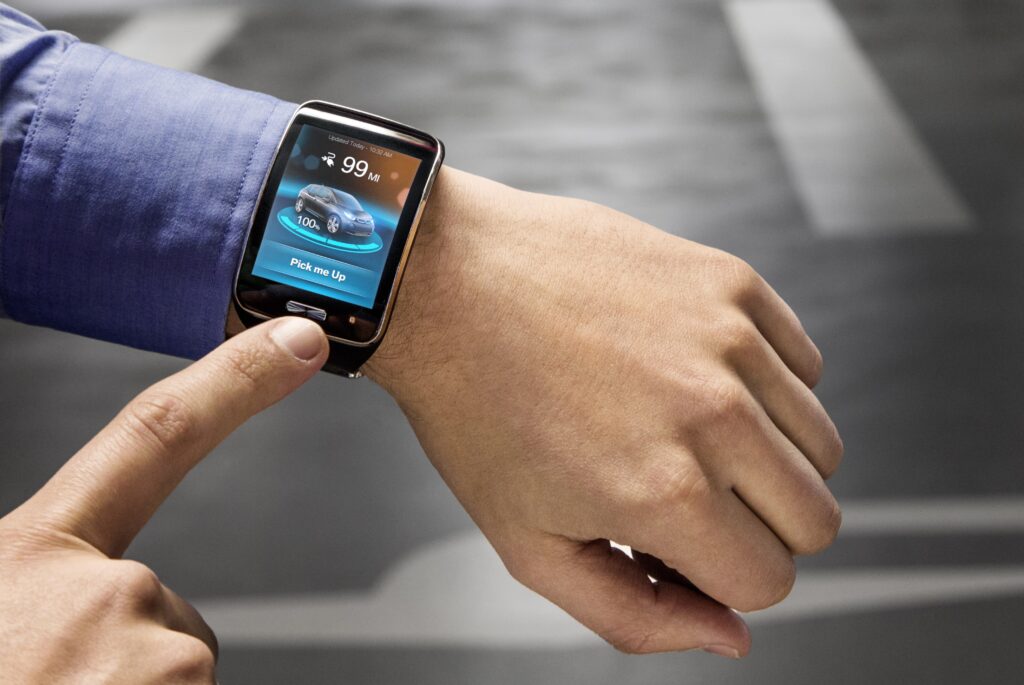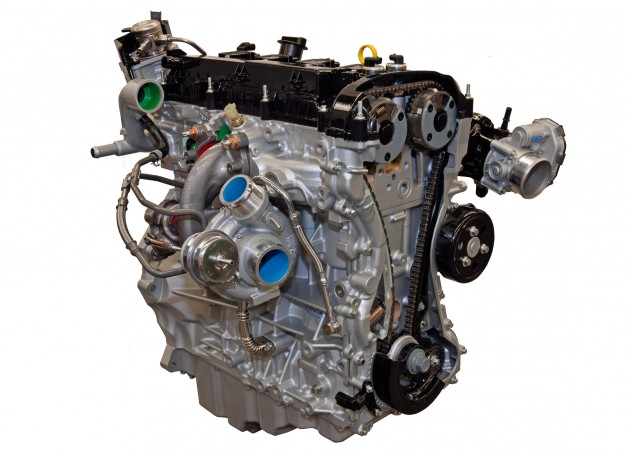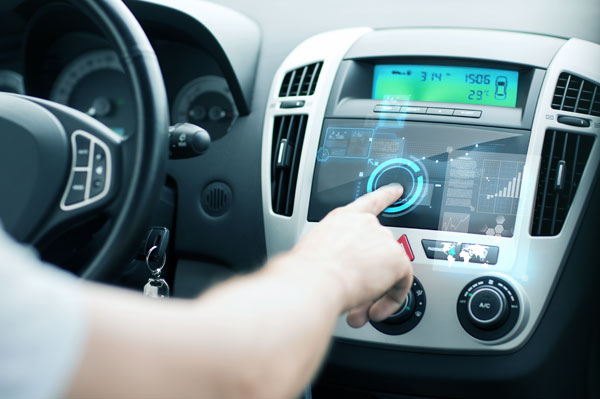Customers often ask us questions about the differences between turbochargers on diesel and petrol engines, in terms of how they work, and what they are used for.
In this post, we explore the topic, looking at the principles behind turbocharging, the basic differences between diesel and petrol engines, and how this affects the design of turbochargers for each application.
Commonalities
The first thing to understand is that whether you’re adding a turbo to a petrol or a diesel engine, the common principles are basically the same.
The idea behind any forced induction device is to increase the amount of air and fuel that enters each combustion chamber in the engine, to provide additional power from each explosion. In the same way, the basic design and components that go into petrol and diesel turbochargers are also pretty much identical.
The differences between diesel and petrol engines
Diesel and petrol engines have some key differences – which in turn, mean that the turbochargers need to be designed to work in slightly different ways.
Diesel
As a fuel, diesel isn’t as combustible as petrol, which means that the air/fuel mix in the combustion chamber of diesel engines needs to be at a higher pressure to ignite. These higher pressures mean that diesel engines need to be stronger than their petrol engine counterparts, which means using bigger, heavier components.
Bigger, heavier components are hard to rotate at high speeds, which means that diesel engines typically operate at much lower and narrower RPM band than their petrol counterparts. This lower RPM makes it more difficult for a diesel engine to draw in enough air into the combustion chambers.
Diesel also burns at a lower temperature to petrol, meaning that it creates more exhaust gases.
Petrol
Petrol is far more combustible than diesel –it ignites more easily and burns much hotter, so the pressures inside the combustion chambers don’t need to be as high. This means that the components can be smaller, and that the engine can operate at a much higher and wider RPM band.
Because petrol engines operate at higher RPMs, and petrol burns at a higher temperature than diesel, petrol engines tend to run hotter than diesels.
How this affects turbocharging
For diesels
The inherent downside of a diesel engine is that it struggles to draw enough air into the combustion chamber, and turbocharging can really help a diesel engine to combat this.
With commercial diesel engines, the goal is to increase airflow to the engine, rather than to increase combustion pressures (as combustion pressures are already high). This means that traditionally, with commercial diesel engines, the overall ‘boost’ provided by the turbo is quite low – somewhere between 5-8 psi.*
In practice, this means that diesel turbochargers are generally larger than their petrol counterparts, with a large turbine section, which is capable of handling both the high volume of exhaust gases, and need to provide enough air intake to keep the cylinders filled.
*Note: Advancements in technology mean that turbochargers for some modern passenger diesel engines (and some used on smaller commercial vehicles) run at higher boost pressures. Look out for a future blog post on the modern advancements in diesel turbocharging.
For petrols
With petrol engines, the addition of a turbo is all about increasing engine power, so the goal is to increase the pressures inside the combustion chamber. This means that petrol turbochargers tend to be smaller, and designed to run at much higher RPMs, providing a higher boost in pressure, without significantly increasing airflow.
In addition, because petrol engines need to operate at a much wider band of RPMs, it’s important that petrol turbochargers get up to speed (‘spool up’) more quickly than their diesel counterparts.
One final point when it comes to petrol engines is that the increased RPM of both the engine and the turbocharger creates a lot of heat, which needs to be properly managed – and many turbos utilise the back pressure of these hot gasses to improve efficiency and operation.
How we can help
At AET, we’ve been working on turbochargers for a full range of petrol and diesel engines since 1974, so you can be confident that we’ve got the skills and knowledge required to help – whether you’re after repairs, replacements or advice.
For further information on any of our services, call a friendly, expert member of the team today on 01924 588 266.



